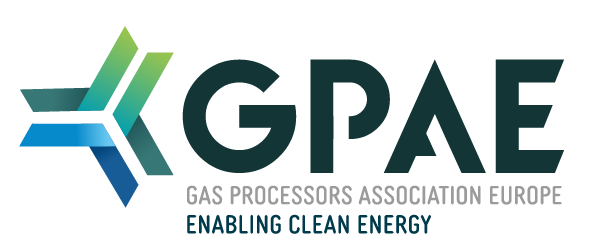Talk to us about our Advertising options. We publish our bi-annual magazine and send out regular newsletters too.
Large-Scale Geological Hydrogen Storage: Challenges and Opportunities
Hydrogen is considered a key enabler of a net-zero emission energy system. It provides a balance between energy supply and demand over long distances and periods of time and, thus, allows introduction of a higher share of renewable energy sources in the overall energy mix. Offering a balancing mechanism to the energy system will require large-scale storage of hydrogen, which can be most cost-effectively realized in the subsurface using mined salt caverns, depleted reservoirs, or aquifers.
Hydrogen is already being stored in salt caverns at four locations globally, but the experience with storing hydrogen in depleted reservoirs or aquifers is still limited. Remaining technical challenges relate to well and storage integrity, loss of hydrogen due to dispersion and mixing with the in-situ gases, and potential contamination through geochemical and microbial reactions. The costs for the required purification and for disposal of the reject stream will be crucial for the economic feasibility of subsurface hydrogen storage and determine which markets can be supplied after storage, depending on their purity requirements.


